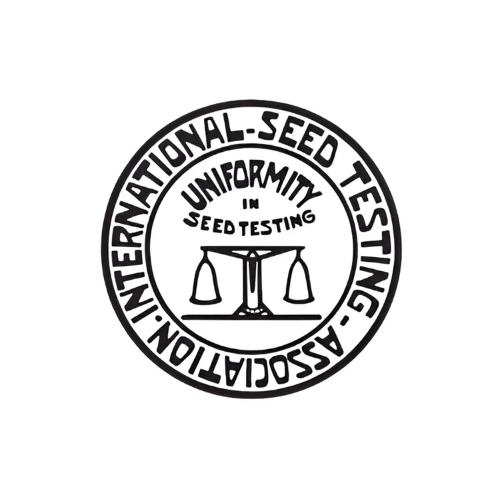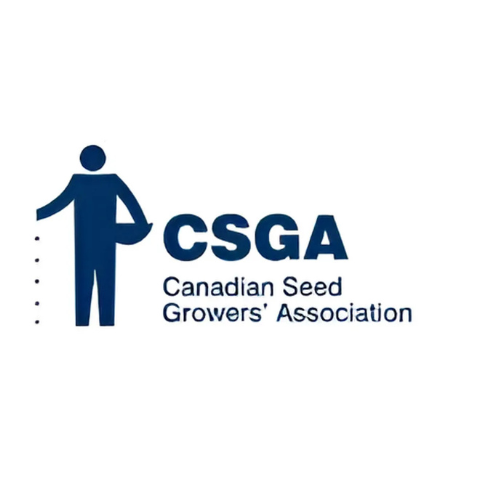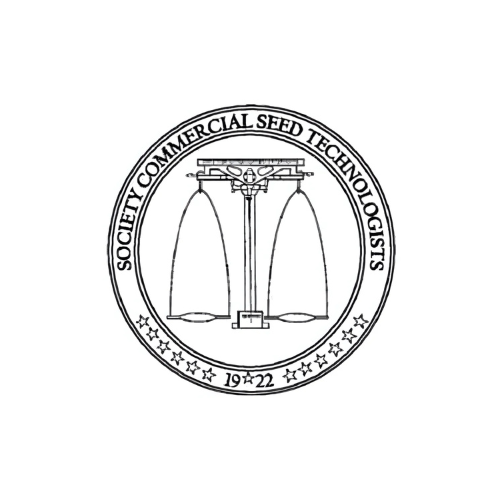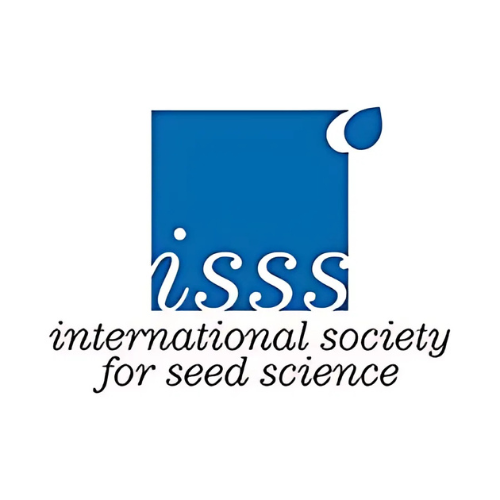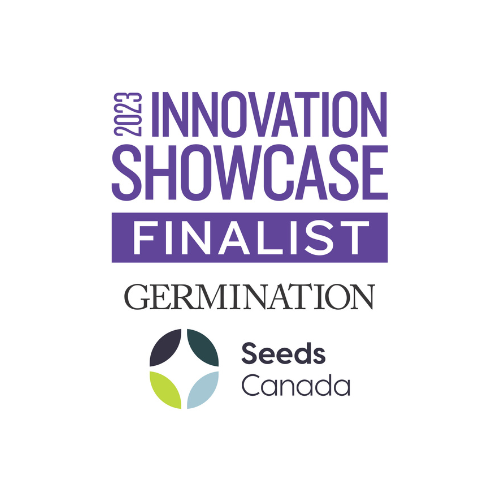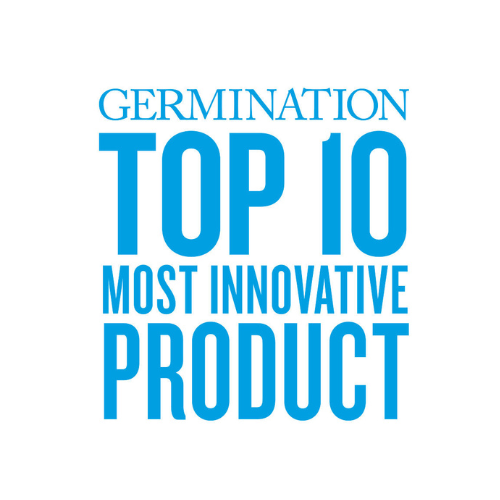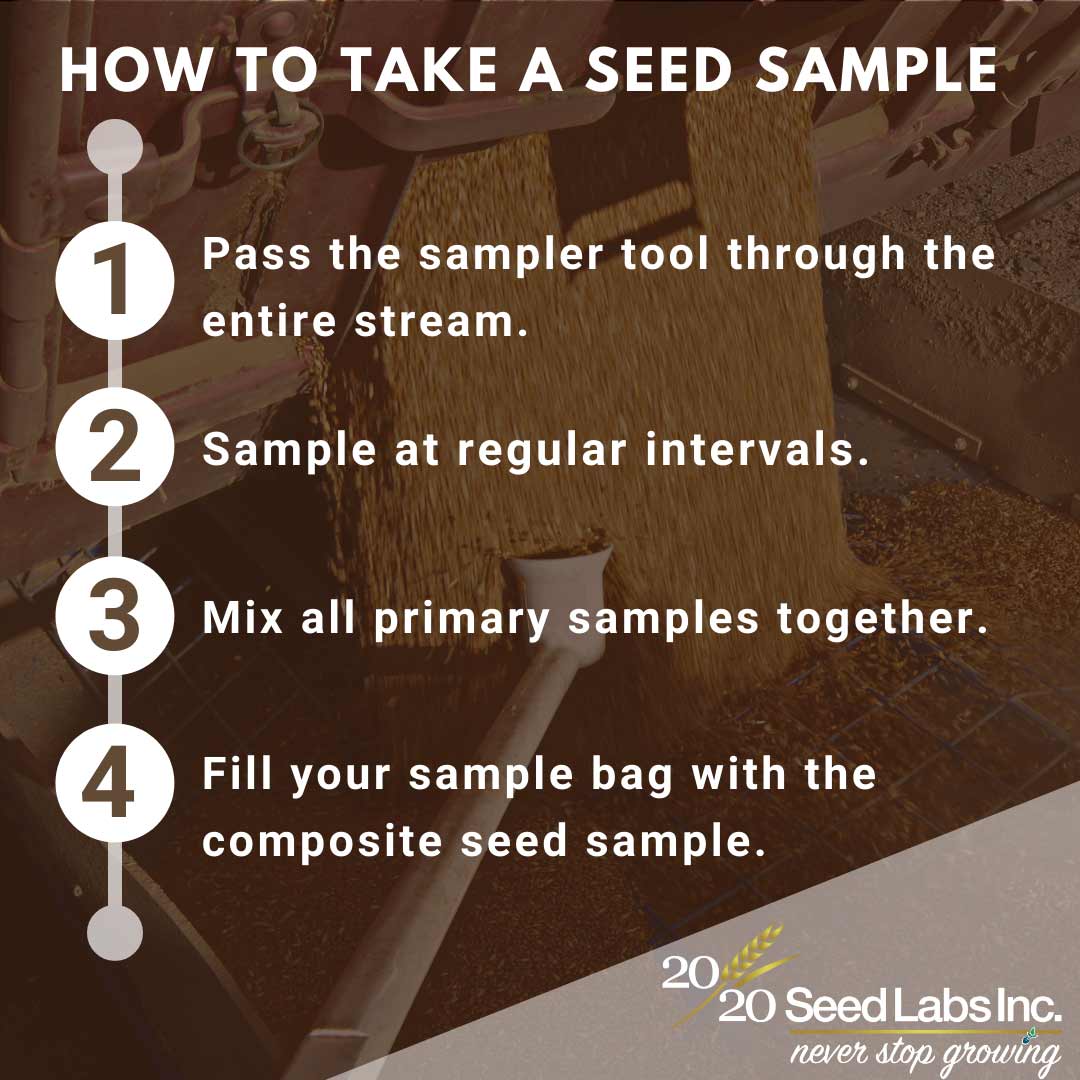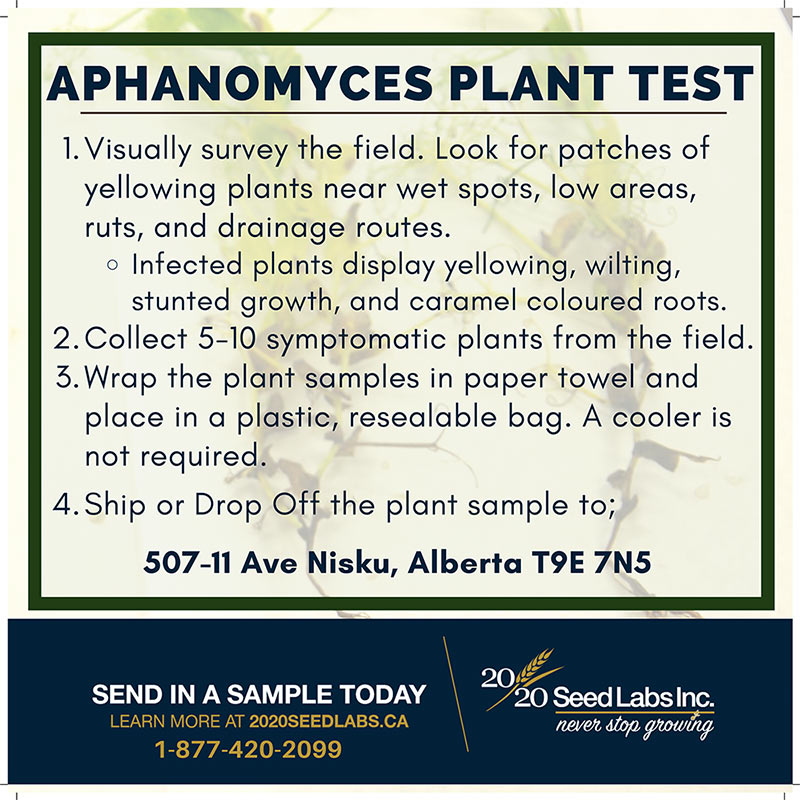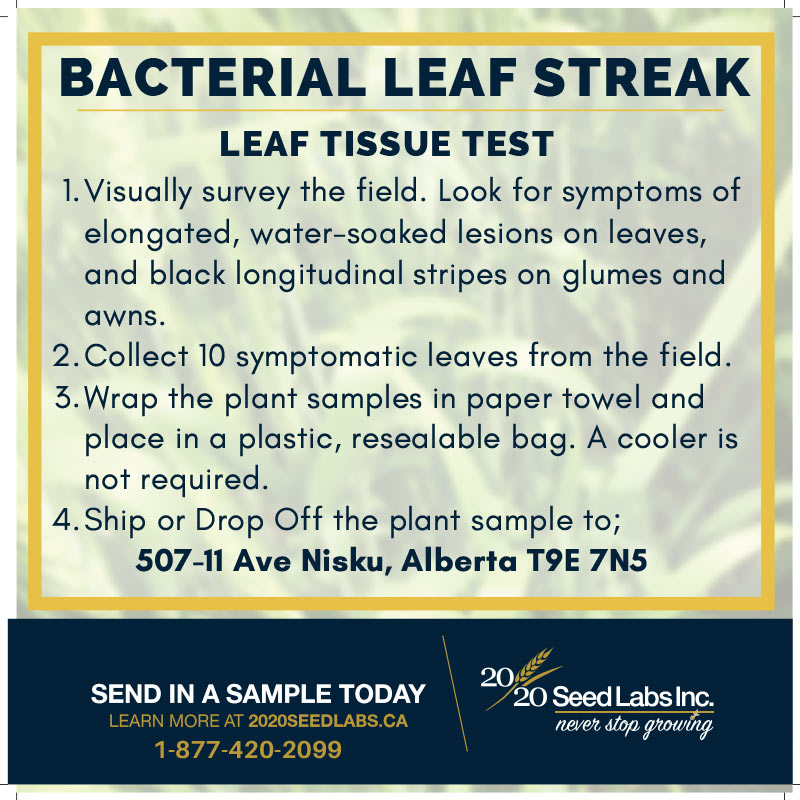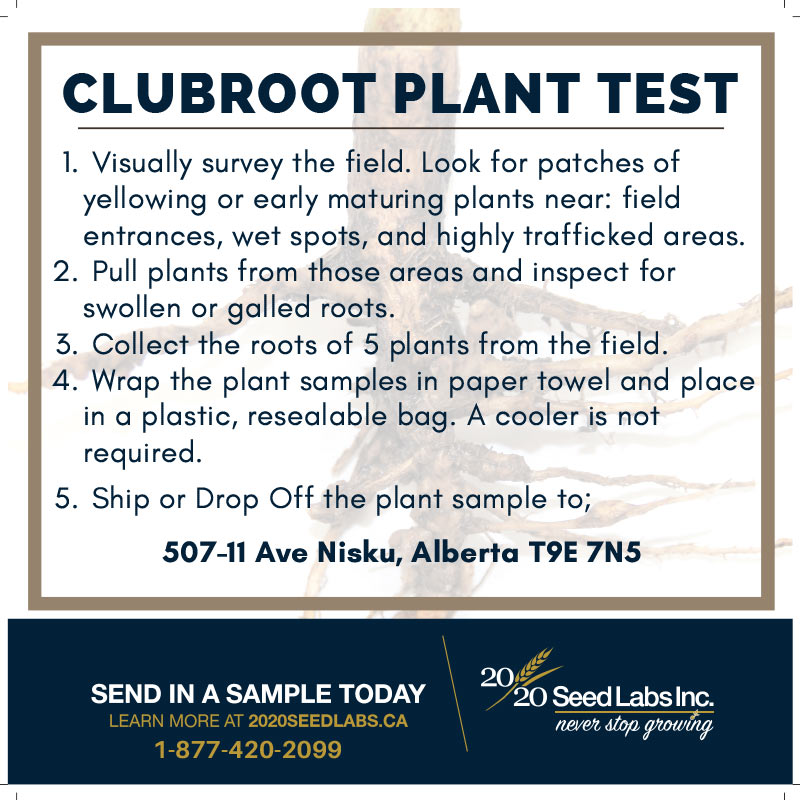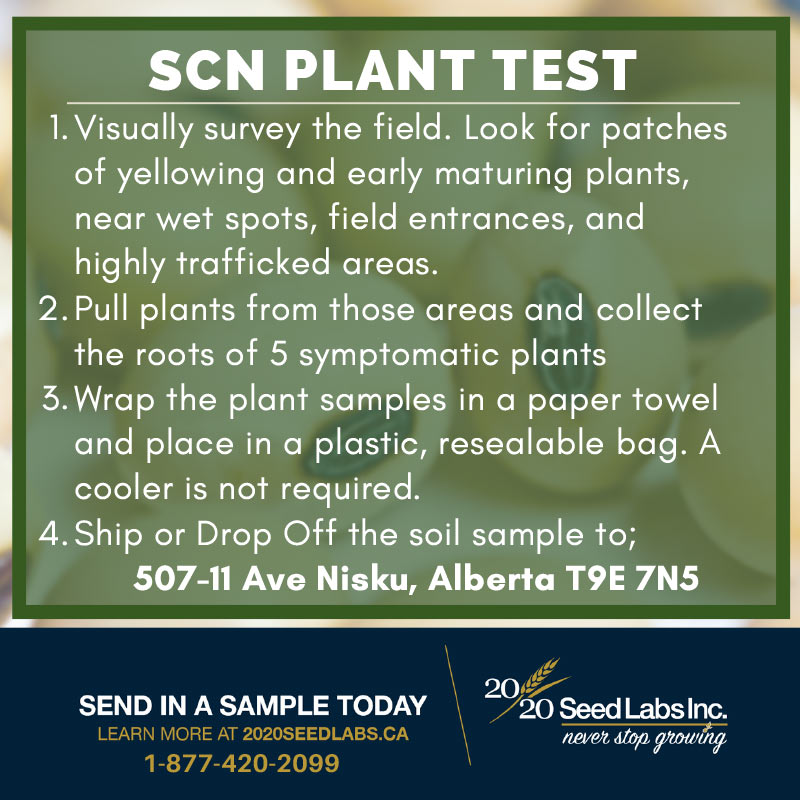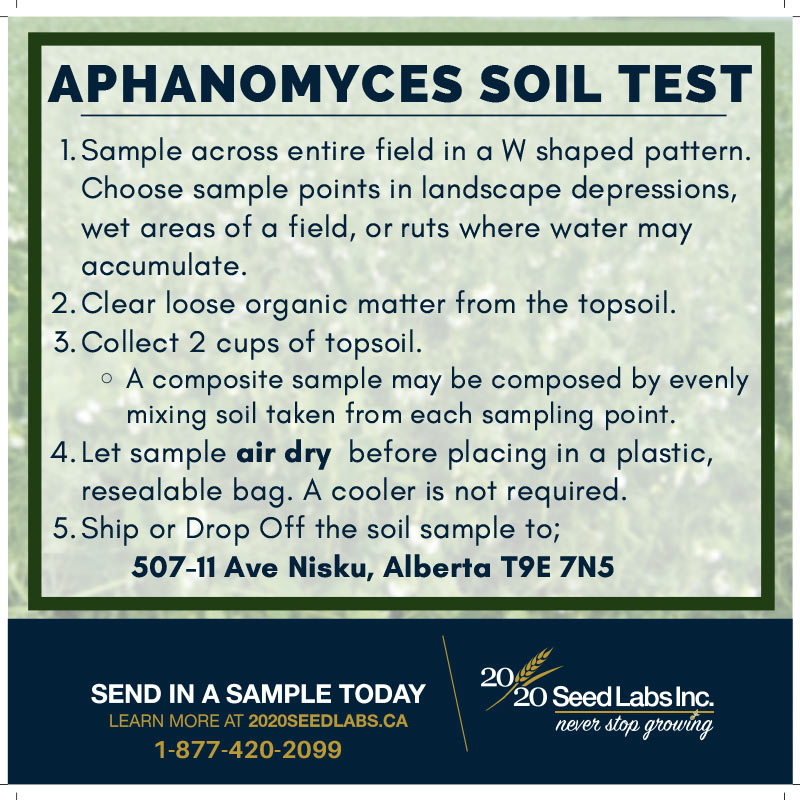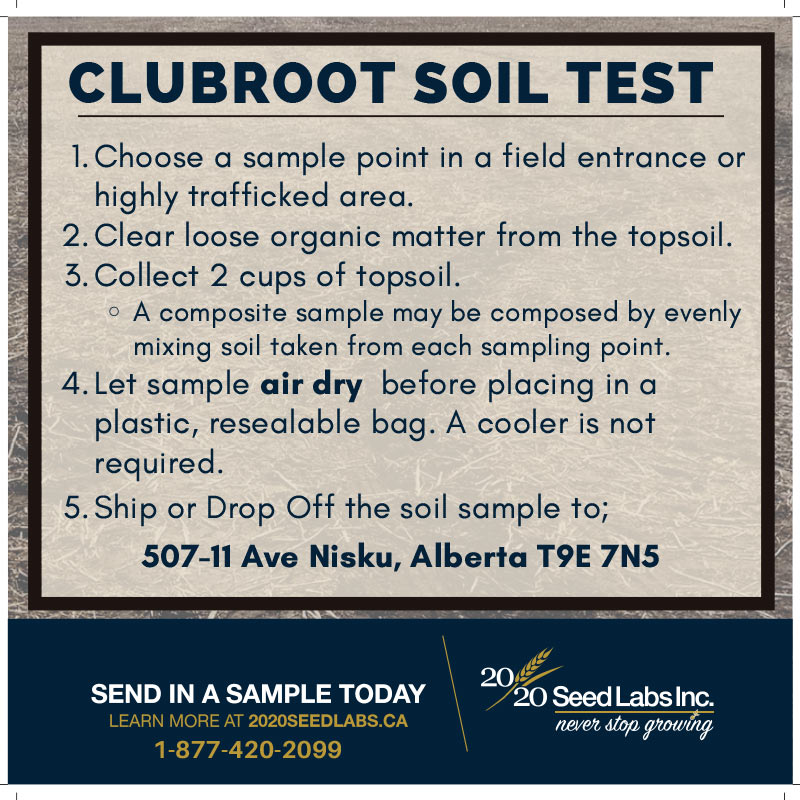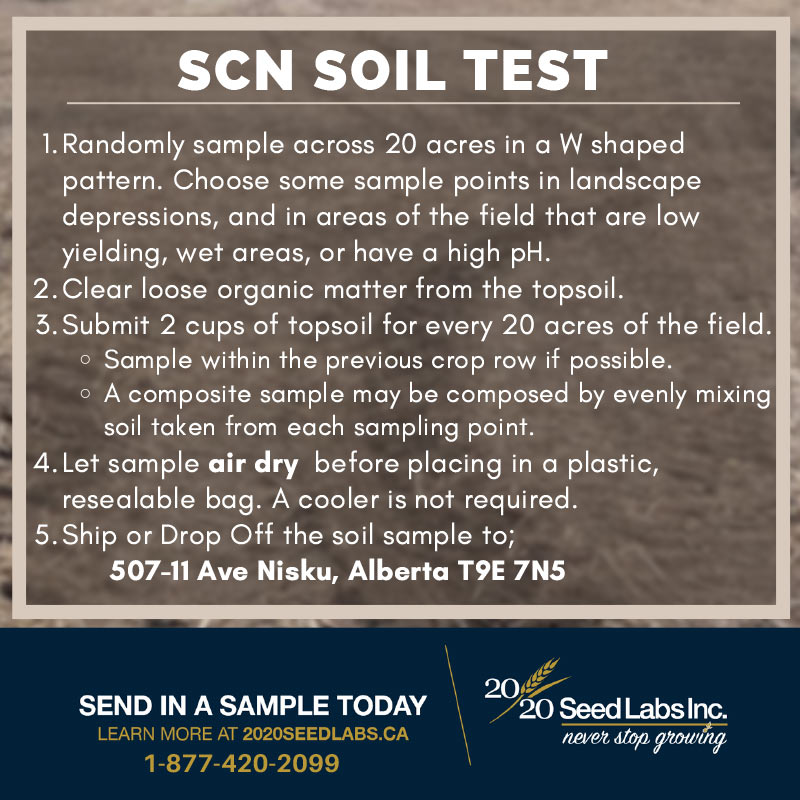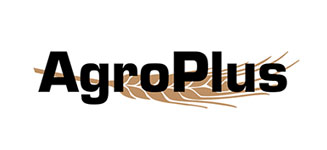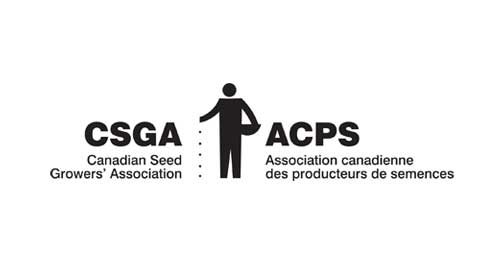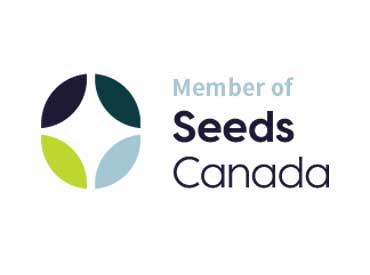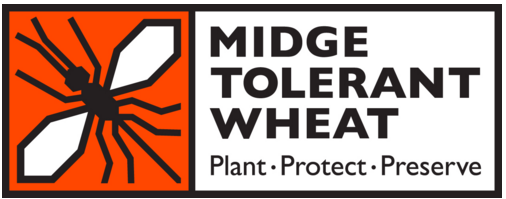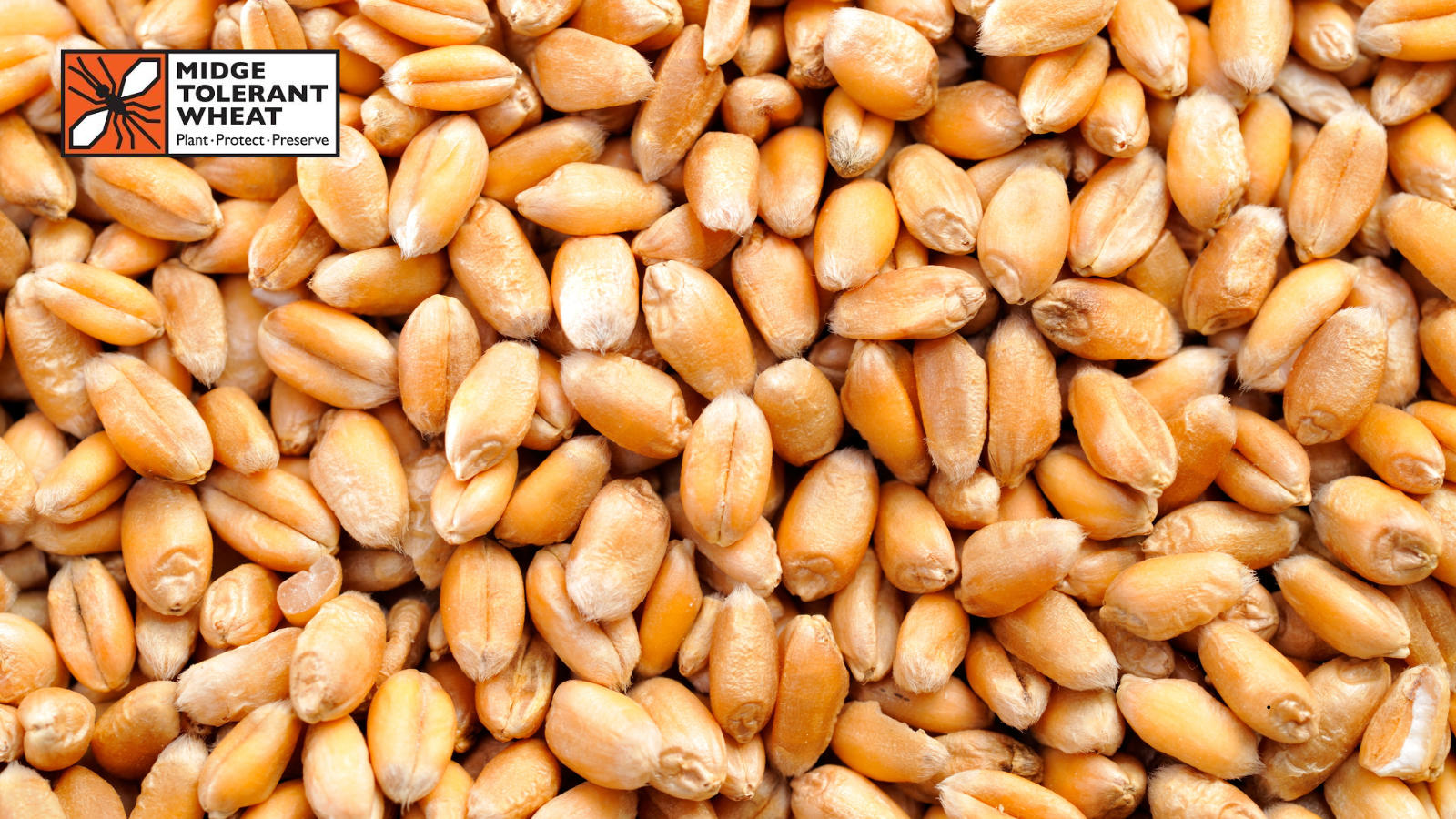
Wheat midge tolerant (WMT) varieties continue to rise across Western Canada, and the newest acreage data highlights just how central these genetics have become. Varietal blends accounted for an estimated 34% of total acreage planted to wheat in 2025. In context, that is almost one-third the total acreage planted to wheat in Western Canada, and almost double the levels planted 10 years ago. Year to year adoption rates fluctuate with midge pressure, dropping in dry years and increasing in wet. But overall the upward trend is expected to continue, rising to ~38% in the next five years.
Today, 20/20 Seed Labs is accredited to test 22 different wheat midge tolerant varietal blends, spanning the different wheat classes. Of these, 17 varieties are already being grown commercially and were seeded on approximately 89% of all wheat midge tolerant acres planted across the Prairies in 2025. The remaining five approved blends are newer genetics that are still moving through production scale-up.
Of the 56 midge tolerant blends for which refuge testing has been commercially available. 42 are listed as having been planted in Western Canada in 2025. Twenty-five older “legacy” blends represented over ~11% of the total wheat midge tolerant acres while 7 other legacy blends were absent from the planted variety lists. Seven newer registered midge tolerant varieties (2022 or later) were not in sufficient acreage to be listed. Overall, these numbers show remarkable grower support for the refuge strategy, and speedy integration of the resistant trait by breeders into their newer genetics for yield and quality. Newer blends have been estimated to show 4.8-25.5% yield improvements over the older legacy blends depending on the level of wheat midge pressure.
In a landscape where millions of acres rely on a single resistance gene for midge protection, regular and accurate testing is not optional — it is fundamental to preserving the effectiveness of the trait. Wheat midge stewardship relies on carefully defined ratios of susceptible and tolerant varieties defined by certified seed class, to potentially sacrifice the smaller refuge fraction of the crop to protect the larger tolerant variety portion. Testing laboratories have an accepted role in quantitating refuge levels to assist in grower decisions for blending or certification of seed lots. Less well known is that laboratories must develop their own markers and methodology for each varietal blend and demonstrate their proficiency and accuracy to the breeder or distributor of each blend before CSGA will accept their laboratory report for a seed lot certification. There is no standard method for refuge quantitation.
As wheat midge tolerant acres increase and varietal blends of turnover, trusted accredited testing remains essential for safeguarding genetic integrity, supporting stewardship protocols, and helping growers make confident, data-driven decisions each season. Diagnostic development and validation are an on-going endeavor to ensure growers’ confidence that the seed being delivered matches what was developed, registered, and advertised.
20/20 Seed Labs will continue to support these efforts through precise, science-driven wheat midge testing across major wheat classes. We offer single tests and packages for Wheat Midge Resistance Testing for certified, foundation & registered and select seed.
You will be required to submit 500g or 2.5 cups of seed and complete this sample submission form to accompany your sample to the lab.
If you have questions about submitting samples or interpreting results, our team is here to help you protect the genetics that protect your crop. 1-877-420-2099




